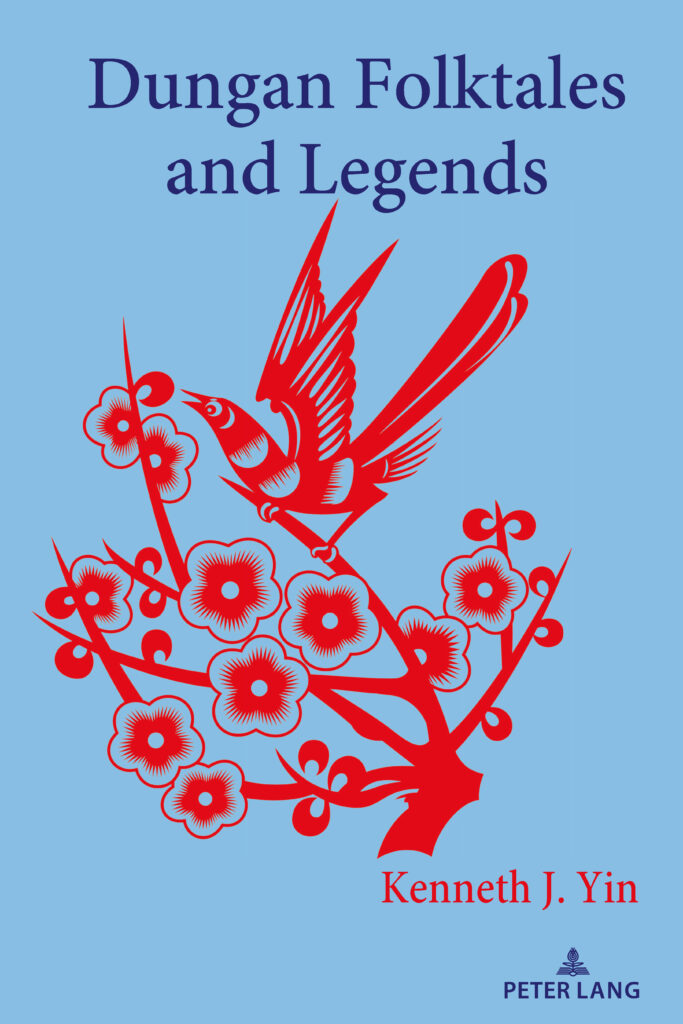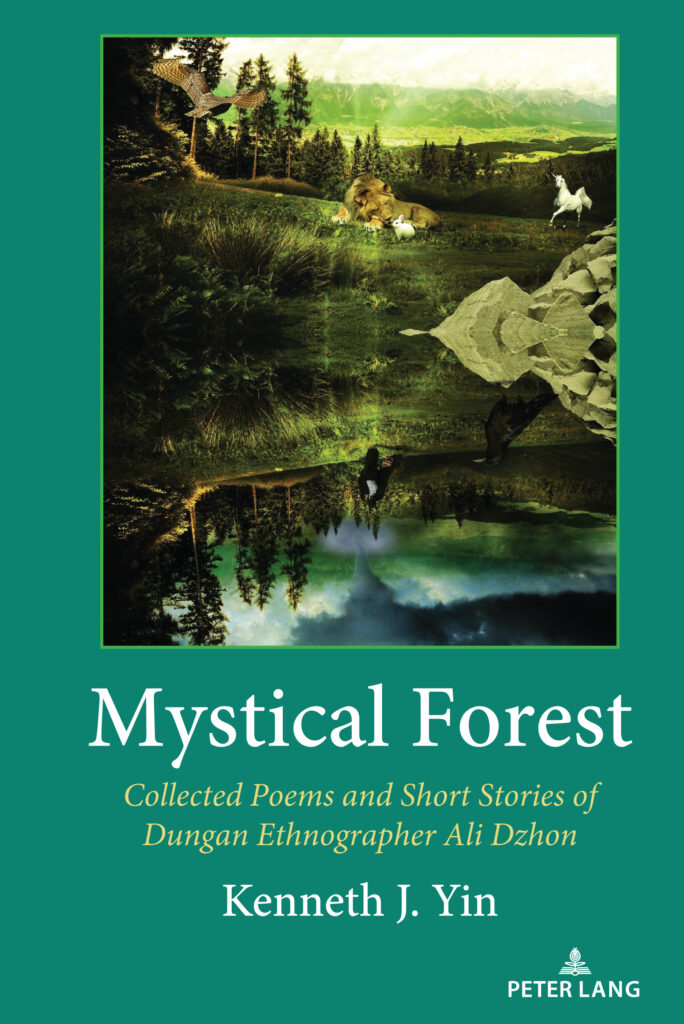
Kenneth J. Yin teaches modern languages, literatures, and linguistics at LaGuardia Community College, CUNY. He researches the literature and culture of the Dungan people, Central Asian Sino-Muslims. The Dungans today are spread out across Kyrgyzstan, Kazakhstan, and eastern Uzbekistan, and their folkloric narrative tradition is a vibrant and fascinating tapestry of Chinese, Islamic, and various Central Asian cultural elements.
His book, Dungan Folktales and Legends (Peter Lang, 2021) is the most comprehensive collection of folk narratives of the Dungan people, translated from a classic Russian-language edition that includes an in-depth structural and comparative analysis of the folk narratives. His newest book, Mystical Forest: Collected Poems and Short Stories of Dungan Ethnographer Ali Dzhon (Peter Lang) was just published January 2023.

Kenneth Yin has given invited lectures on the Dungan folk narrative tradition at Yale University, the University of California at Berkeley, Indiana University, the University of North Carolina at Chapel Hill, the George Washington University, and the University of Washington Seattle. His research interests include the Dungan literature and culture of Central Asia, as well as the Tungus literatures and cultures of North Asia—namely Siberia and the Russian Far East—with a focus on Udege, Nanai, and Evenk. More details are available on his professional website.

